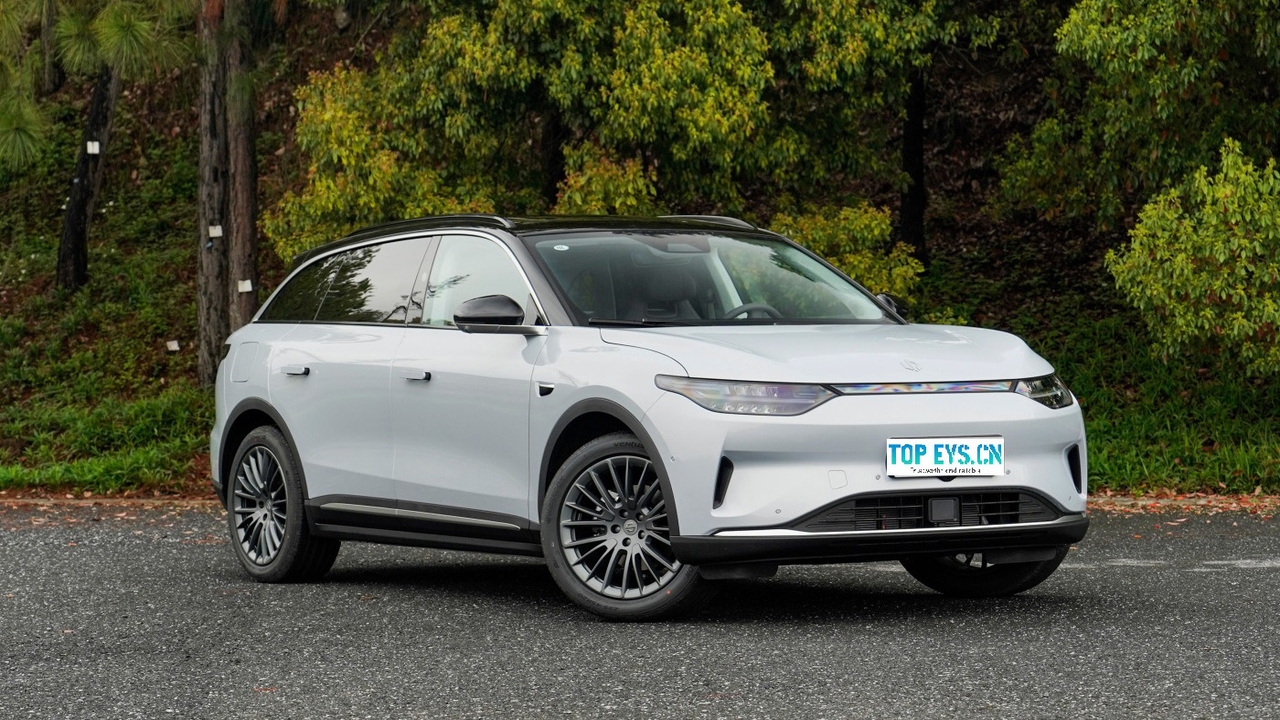The Toyota Hyryder, a popular compact SUV known for its hybrid technology and excellent fuel efficiency, is facing a price adjustment in May 2025. This news comes as a surprise to many buyers who were hoping to find an affordable yet reliable vehicle in the competitive SUV segment. While Toyota has not officially detailed the exact nature of the price change, industry insiders suggest that it could reflect a mix of rising input costs, evolving technology, and the shifting dynamics of the automobile market.
This price adjustment is likely to impact both existing customers who were considering purchasing the Toyota Hyryder and potential buyers who are now re-evaluating their budget. In this article, we will explore the potential reasons behind this price increase and how it might affect the SUV market.
Why is the Price of the Toyota Hyryder Adjusting?
There are several factors at play when it comes to the price adjustment of the Toyota Hyryder. The global automotive industry has seen significant changes in recent years, and several key factors are contributing to this increase:
1. Rising Production Costs
The automotive industry has been grappling with rising production costs, largely due to the increased prices of raw materials like steel, aluminum, and semiconductor chips. The global supply chain disruptions caused by the pandemic continue to have a ripple effect, pushing manufacturing costs higher. Toyota, like other manufacturers, faces these challenges, which have inevitably impacted the final price of its vehicles.
2. Technological Advancements
The Toyota Hyryder stands out in the SUV market due to its hybrid powertrain. The inclusion of hybrid technology generally leads to higher production costs, as it requires additional components such as electric motors, batteries, and advanced electronics. Toyota’s commitment to providing the latest technological features in its vehicles, such as advanced driver assistance systems, infotainment upgrades, and eco-friendly engines, can drive up production costs. These costs are then often passed on to the consumer, resulting in higher prices.

3. Inflation and Currency Fluctuations
Inflationary pressures, both globally and locally, also contribute to price increases across various sectors, including the automotive industry. Additionally, fluctuations in currency exchange rates can make it more expensive for manufacturers to import parts or components from other countries. This can be particularly relevant for hybrid models like the Hyryder, which may depend on components sourced globally.
4. Market Demand and Competition
The demand for compact SUVs, particularly hybrid models, has been on the rise as consumers become more environmentally conscious. With this growing demand, manufacturers are working to maintain their profit margins while meeting customer expectations. However, the presence of other strong competitors in the hybrid SUV market, such as the Honda City Hybrid and the Maruti Suzuki Grand Vitara, could also be a factor driving the price adjustments.
What Can Consumers Expect?
For those interested in the Toyota Hyryder, this price adjustment may create a sense of urgency. It is important to consider whether the current price structure remains competitive compared to similar models in the market. As the cost of the vehicle increases, the total cost of ownership—factoring in aspects like insurance, fuel, and maintenance—will also need to be evaluated.
If you’re looking to purchase a Toyota Hyryder in the coming months, it is advisable to act swiftly before the price increase takes full effect. However, it’s also worth noting that Toyota may offer promotional discounts or financing options to help ease the transition for new buyers.
Moreover, Toyota has long been known for the reliability and durability of its vehicles, so many customers might view the higher cost as an investment in a quality product with long-term benefits. The hybrid technology in the Hyryder offers fuel efficiency and reduced carbon emissions, which could provide savings in the form of lower fuel costs and contribute to a greener future.
The Future of Hybrid Vehicles in India
The price adjustment of the Toyota Hyryder is a reflection of the evolving dynamics within the hybrid vehicle market in India. With growing concerns over environmental sustainability and fuel prices, hybrid vehicles like the Hyryder are expected to see a continued rise in popularity. The demand for eco-friendly vehicles will likely push other manufacturers to innovate and offer competitive pricing.
As India takes steps toward reducing carbon emissions and improving air quality, hybrid vehicles will play a crucial role in this transition. In this context, the price increase of the Toyota Hyryder could be a part of a larger strategy to maintain a balance between profitability, technological advancements, and consumer demand.
Conclusion
The Toyota Hyryder’s price adjustment in May 2025 reflects the broader trends and challenges within the automotive industry, including rising production costs, inflation, and technological advancements. While this price change might be disappointing for some, the Hyryder remains a strong contender in the hybrid SUV market due to its fuel efficiency, advanced features, and Toyota’s reputation for quality.
For prospective buyers, this price adjustment may require reconsideration of their budget, but with Toyota’s commitment to sustainable mobility and advanced technology, the Hyryder could still prove to be a wise investment in the long run.



